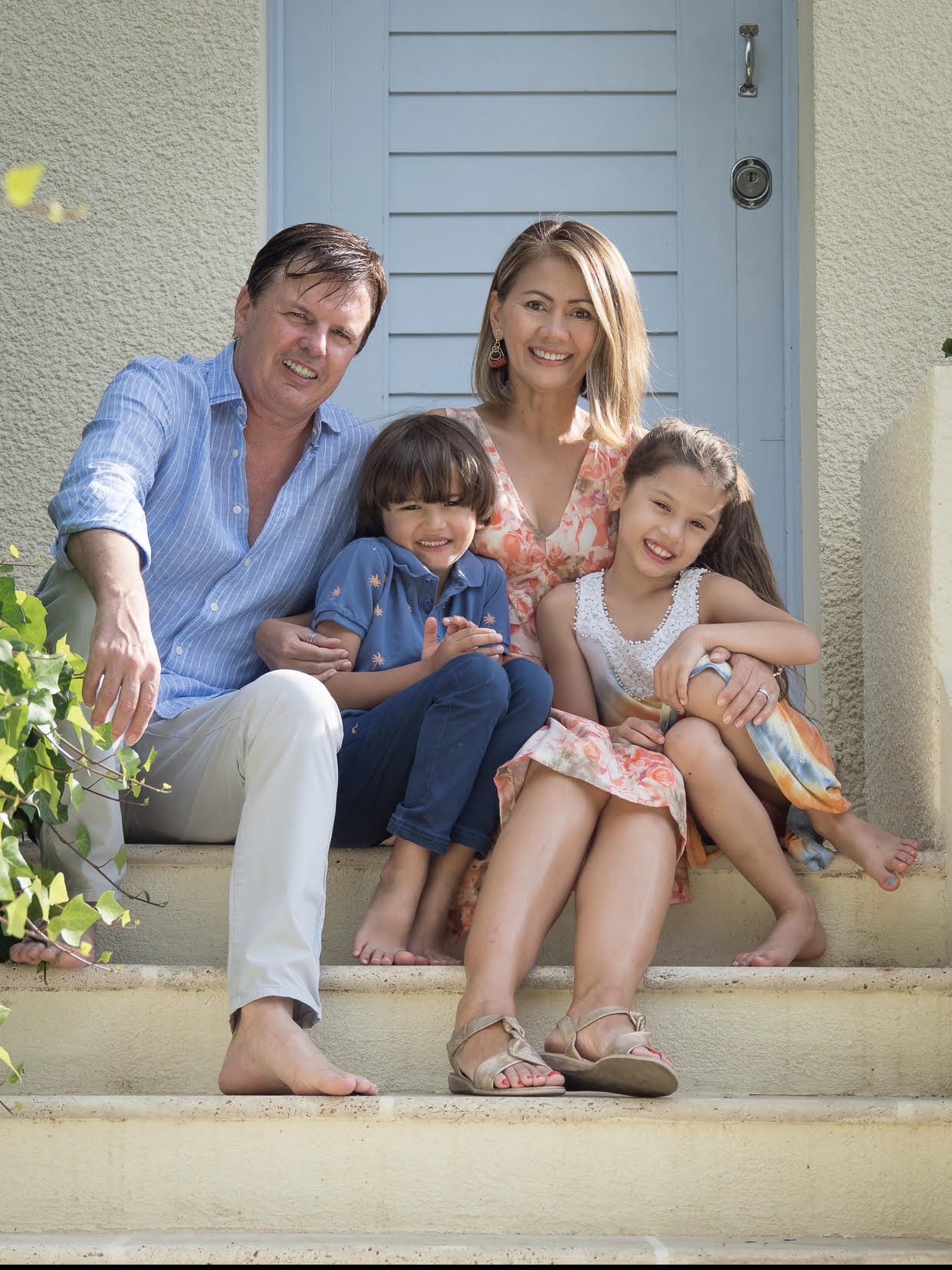“Education is not the filling of a pail,
but the lighting of a fire.” - William Butler Yeats
What to expect in the EtonHouse Playgroup curriculum (12 - 18 months)
The first two years of a child’s life is a wonderous phase. Children are infinitely curious, and with every experience they gain, their brains form connections and make sense of the world around them — the concepts and ideas they form in these years lay the foundation for learning and behaviour.
Our programme that is inspired by the Reggio Emilia Education Project is designed to support your child’s development in two main ways. Firstly, it is built upon positive and nurturing relationships. As a parent-accompanied programme, it creates beautiful bonding moments that make a child feel safe and secure in the world. Interactions with children and between educators are always respectful and patient at EtonHouse so children have positive examples to observe and develop social skills.
Secondly, we purposefully create an environment where toddlers can explore, investigate and learn safely. Sensory play is an integral part of the Playgroup programme — we set up engaging experiences where children can feel, see, touch and taste to stimulate their brain development. Through play, they also learn to master fine and gross motor skills such as hand-to-eye coordination and object handling. As they get older and more confident, we challenge their physical development by encouraging them to crawl, walk, run and jump.
Music also plays a huge role in our curriculum. Music has been shown to improve a child’s cognition, attention span and language development, and we offer immersive environments with innovative musical instruments.
Why you should enrol your child in EtonHouse Playgroup
A parent-accompanied programme
The parent-child relationship has a long-lasting impact on a child’s emotional development. Our Playgroup programme offers a rich environment that is facilitated by our experienced and qualified early childhood educators for families to explore and interact with each other. Beyond strengthening bonds with your child, our parent-accompanied programme also makes it easy for you to meet other parents who are on a similar journey. It is common for our parent community to form close relationships.
Lush and beautiful learning environments
Nature education is a key pillar in the Etonhouse education, and this is no exception in our Playgroups. The learning environments are designed to make it easy for children to form deep relationships with the natural world and learn about concepts of sustainability in intuitive and engaging ways.
Dual language communication in Mandarin and English
Research has shown than a bilingual environment improves cognitive abilities, especially problem-solving. More than that, we believe in inculcating an interest in Mandarin from a young age. That’s why throughout the day, infants are exposed to Mandarin in meaningful ways such as during Music sessions or snack time. They get used to hearing the language from the early years, making it easier and more natural for them to pick it up as they get older.
Small class sizes
At this age, it is understandable that safety is of top concern. Our class sizes are small with a rich child-teacher ratio of 1:4-6 to ensure every child gets the level of attention he or she needs.
Individual and group learning experiences
Infants need a diverse range of experiences to keep them stimulated. At EtonHouse Playgroup, learning experiences are intentionally planned to help children develop different skills. They might not be at the age to speak fluently, but babies are naturally tuned to building relationships. Shared learning interactions facilitate that — toddlers build connections and communicate using non-verbal means such as eye contact and body language. They learn to socialise from a young age, making it easier for them to transition to Pre-School.
At the same time, infants are also given the time and space to investigate alone under the watchful eyes of our educators. This is important as well — children learn to be bold, develop their attention span and confidence to investigate and learn independently.
What’s On Spotlight
Read Our Parenting Blog
-
Education, Parenting
Raising Future-Ready Children in an AI World: What Every Parent Should Know
October 23, 2025 0 -
Education, Parenting
Tomorrow’s Innovators Need More Than Rote Learning: What Reggio Emilia Gets Right About Education
September 15, 2025 0


Mark & Riri Florance
'.Parents of Emilie & Oliver Florance.'
Our favourite memory of our children’s time in EtonHouse is their enthusiasm about going to school and learning. They wanted to be in school rather than at home during the holidays!
Global Campuses Overview


Sophie Guan
'.Alumnus, Current Medical Biosciences Undergraduate Student Imperial College London.'
Passing by EtonHouse always evokes a feeling of warmth and fondness in me. Despite having only attended Kindergarten here, it has made a great impact on my life.

